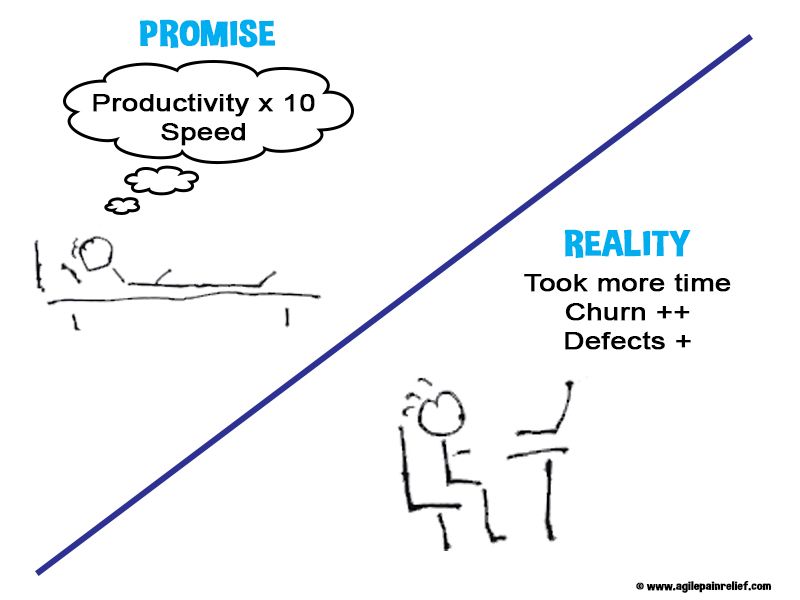A Rebuttal of Groupthink
 In a New York Times article: “The Rise of the New Groupthink” this week Susan Cain claims that teams and collaborative work give rise to groupthink. Groupthink is not out of the question, as Christopher Chabris and Daniel Simons demonstrate in “The Invisible Gorilla” group think is a risk – cite the example of the Georgian War in 2008:
In a New York Times article: “The Rise of the New Groupthink” this week Susan Cain claims that teams and collaborative work give rise to groupthink. Groupthink is not out of the question, as Christopher Chabris and Daniel Simons demonstrate in “The Invisible Gorilla” group think is a risk – cite the example of the Georgian War in 2008:
When Mikheil Saakashvili was elected president of Georgia in 2004. he was only thirty —six years old. He stocked the government with loyal ministers who were also in their thirties and lacked military experience but sympathized with their leader’s views about the importance of reclaiming the breakaway regions from Russian influence. Over the next four years they managed to convince themselves that it was a good idea to fight an army that outnumbered theirs by twenty five to one. It’s not hard to imagine how a group of like—minded government officials could take a set of opinions that none of them held with great confidence individually and aggregate them, by deliberating among themselves and reinforcing one another’s public statements, into a high-confidence conclusion.
While it is difficult to diagnose from a distance Saakashvili would have been wise to seek diversity of thought in his cabinet as we recommend on teams. Where that diversity is lacking its important to seek fresh ideas from outside sources to challenge our own thinking.
However Cain overplays some of the research that she uses to make her points. In particular she cites DeMarco and Lister’s Coding War study where the authors demonstrated that developers who had privacy were more productive. What is missing is the circumstances around it. DeMarco and Lister weren’t studying teams and so the results don’t speak to teams. Perhaps more relevant in this case are the studies found in “Making Software What Really Works, and Why We Believe It” – Andy Oram and Greg Wilson – which is equivocal saying that depending on the type of work some teams benefit from team rooms and others don’t.
Roger Brown and I have done on an InfoQ interview the subject: Creativity and Brain Science with Mark Levison and Roger Brown.
Finally Keith Sawyer (author of Group Genius) provides an excellent rebuttal: Does Solitude Enhance Creativity? A Critique of Susan Cain’s Attack on Collaboration which provides details in some of the other errors Cain made.
Photo via: https://photodune.net/

Mark Levison
Mark Levison has been helping Scrum teams and organizations with Agile, Scrum and Kanban style approaches since 2001. From certified scrum master training to custom Agile courses, he has helped well over 8,000 individuals, earning him respect and top rated reviews as one of the pioneers within the industry, as well as a raft of certifications from the ScrumAlliance. Mark has been a speaker at various Agile Conferences for more than 20 years, and is a published Scrum author with eBooks as well as articles on InfoQ.com, ScrumAlliance.org and AgileAlliance.org.
